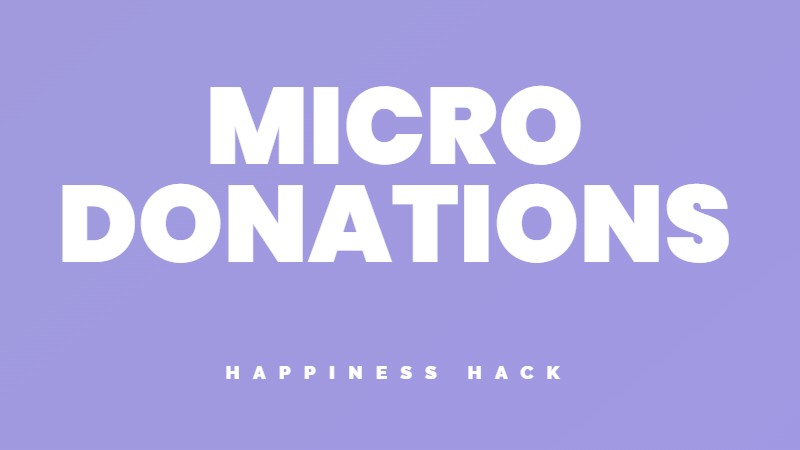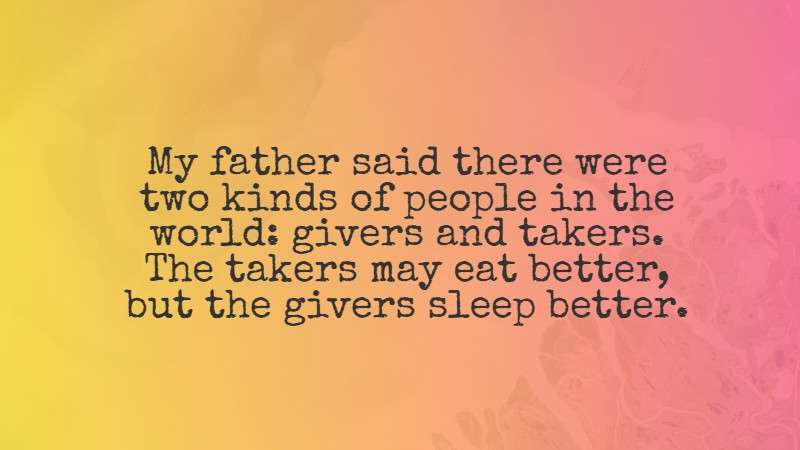Do you know the feeling when your hands don’t know what to do with themselves? When you reach for coffee mugs someone else used to refill, or when you find yourself fixing the same squeaky hinge for the third time, because — well, what else is there to do at 6 AM on a Tuesday when the house feels like it’s holding its breath?
That’s how Walter found himself at 78, six months after Helen died. Not dramatically, mind you. Just… gone. As if she had stepped out for groceries and forgotten to come back.
The grief books talk about “stages,” but nobody mentions the practical stuff. Like how you suddenly have all this energy that used to go toward loving someone, and now it sits in your chest like leftover electricity with nowhere to ground itself.
So Walter decided to act on his feelings. He scribbled a sign and placed it in his garage window: “Broken stuff? I’ll fix it. Free.”
I’m telling you this because I think we’ve got this whole giving thing backwards. We think it’s about the other person. But giving isn’t just about charity; it’s about our own needs. We give because we need to feel useful. Having a purpose is the thing that makes the space between breakfast and bedtime bearable.
The first visitor was eight-year-old Lucy, clutching a music box with a stuck ballerina. Walter spent an hour fixing it using a bottle cap and some electrical tape, his fingers moving with surgical precision. When Lucy smiled, not the polite smile children often give adults, but a genuine, eye-reaching smile, Walter felt a piece of himself fall back into place.
Afterwards, Lucy’s mother lingered. She was a single mom, tired from worry and lack of sleep. She said she didn’t have anything broken to fix, just wanted to thank him for being so kind to Lucy. As they talked over coffee, the conversation flowed the way conversations do when people aren’t in a hurry. She mentioned being out of work for three months, sending dozens of applications, but nobody ever called back. “Maybe there’s something wrong with my résumé,” she said, more to herself than to him. “I don’t know. I never was good with words.”
Walter called his neighbour Mary, a retired English teacher who still corrected grammar on grocery store flyers. Mary arrived quickly and said, “Why don’t I look at your résumé? Maybe I can help.” Lucy’s mother seemed surprised but relieved. As she fetched the document from her bag, Mary set up her old laptop. They spent the next hour revising her résumé, cutting unnecessary details and highlighting her skills.
She got the receptionist job at the clinic. Nothing fancy, but steady. And Walter… well, Walter found himself looking forward to Tuesday mornings again.
Word travels fast in small towns. Before long, Walter had a steady stream of broken things and broken people. (Not that anyone would admit to the second part.) A widow brought her husband’s watch, which had stopped ticking. A teenager showed up with a backpack barely held together by hope and duct tape. Mrs. Santos from down the street came by with homemade empanadas and a confession of loneliness since her kids moved out.
Understand, none of this was life-changing stuff. No miracle cures or dramatic transformations. Just small repairs. Incremental kindness. The kind of magic that happens when people show up for each other without expecting anything in return.
They moved operations to the old firehouse, painted it yellow (Helen’s favourite colour) and hung a simple sign that read: “Community Fix-It.” Every Tuesday morning, people brought broken things and left with something repaired. Sometimes, it wasn’t the thing they initially brought, but they still left with something fixed.
Walter taught teenagers how to solder. Teenagers taught Walter about smartphones. Mrs. Santos brought coffee. Everyone shared stories.
Here’s the thing about stories: they do the real repair work. When someone entrusts you with their broken things, they’re really trusting you with their broken places. The part that stopped trying to fix a lamp after their spouse passed away. The part that feels embarrassed to ask for help.
Three years later, Walter still opens the firehouse every Tuesday. His hands shake more now, but he believes the shaking makes him more careful and deliberate, as if life is teaching him to pay attention to the small movements that matter.
I find myself thinking of Walter when my own hands feel empty. When I’m scrolling through my phone late at night, searching for something to fill the space between one day and the next, it strikes me that perhaps the secret isn’t finding your purpose. Rather, it might be about understanding that purpose finds you when you stop searching for it and start looking for who needs what you have to offer.
Even if you only have a bottle cap, some electrical tape, and the belief that broken things and people can be made whole again.




Lämna feedback om detta